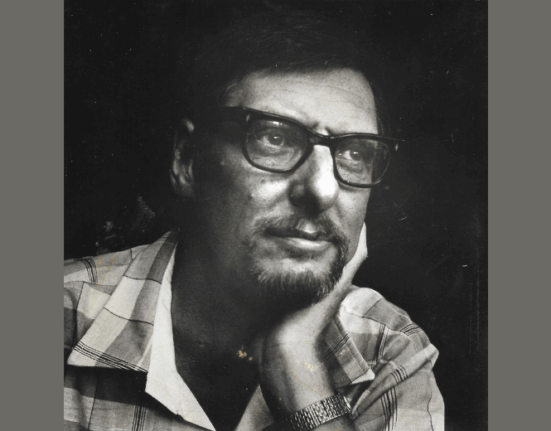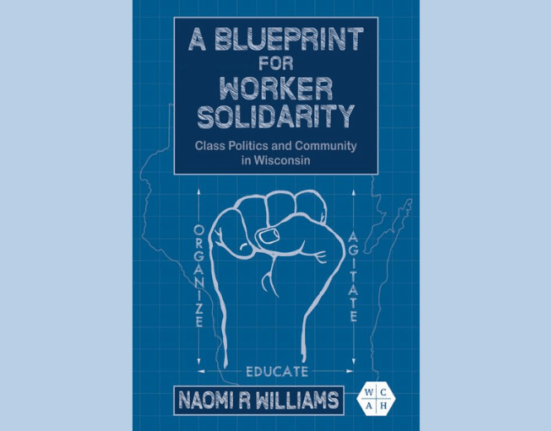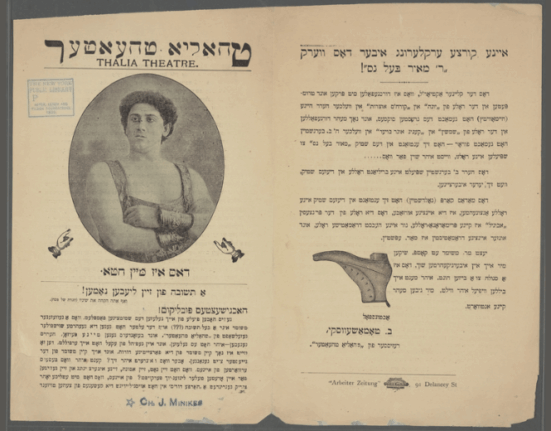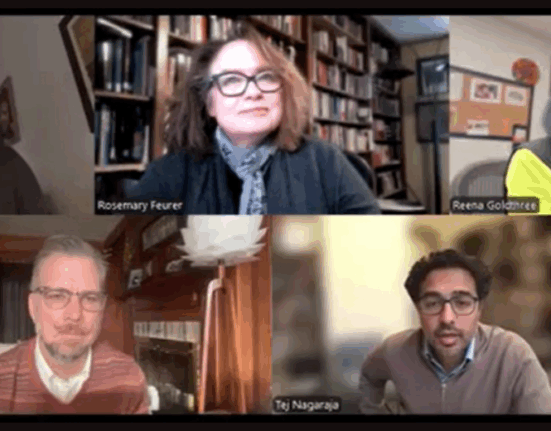The great John Prine, a victim of the coronavirus last week, spent a career penning and performing songs about his own death, many of them winningly whimsical, from 1973’s “Please Don’t Bury Me” to 2018’s “When I Get to Heaven.” Prine’s vision of death was irreverent, and over a half-century of songwriting he optimistically anticipated an afterlife filled with wonderful encounters and experiences straight out of … well, the best John Prine songs.
“Please Don’t Bury Me,” from his third LP, Sweet Revenge (released in 1973, when he was just twenty-seven years old), is a young man’s sarcastic kiss-off to the long goodbye, with his reported last words forming the song’s chorus:
Please don’t bury me/
Down in that cold, cold ground/
No, I’d rather have ‘em cut me up/
And pass me all around
Throw my brain in a hurricane/
And the blind can have my eyes/
And the deaf can take both of my ears/
If they don’t mind the size
Mixing the serious with the silly, he offers his arms to the Venus de Milo, his love to Rose, and his stomach to Milwaukee, “if they run out of beer.” And he begs the listener to “put my socks in a cedar box, just get ‘em out of here!”
“When I Get to Heaven,” by contrast, from his final LP, 2018’s The Tree of Forgiveness, reflects a much older man’s vision, one informed by seventy-plus years of loving and losing family. Prine can’t wait to see them all, from “mom and dad, and good old brother Doug,” to “cousin Jackie” and “all my mama’s sisters, ‘cause that’s where all the love starts.” But the song is neither maudlin nor sober. After first shaking God’s hand, he sings, “I’m gonna get a guitar and start a rock-n-roll band,” and then “open up a nightclub called The Tree of Forgiveness,” to which “I might even invite a few choice critics, those syphilitic parasitics.” The raucous chorus celebrates Prine’s anticipation of a joyful afterlife:
And then I’m gonna get a cocktail, vodka and ginger ale/
Yeah, I’m gonna smoke a cigarette that’s nine miles long/
I’m gonna kiss that pretty girl on the tilt-a-whirl/
‘Cause this old man is goin’ to town
Some of Prine’s most poignant songs share memories of faces and places long gone, including the wistful yet angry “Paradise,” from his 1971 eponymous debut, and the loving tribute “Grandpa Was a Carpenter,” another classic from 1973’s Sweet Revenge.
“Paradise” focuses on the fond recollections of childhood visits to “a backwards old town” in “western Kentucky where my parents were born.” Since those days, however, “the coal company came with the world’s largest shovel, and they tortured the timber and stripped all the land.” Now Paradise — the town’s actual name — no longer exists, because “Mr. Peabody’s coal train has hauled it away.”
Despite the destruction, though, Prine’s attraction to the site endures, and in the song’s conclusion he croons:
When I die let my ashes float down the Green River/
Let my soul roll on up to the Rochester dam/
I’ll be halfway to Heaven with Paradise waitin’/
Just five miles away from wherever I am
In Prine’s afterlife, you reunite with both long lost loved ones and long lost loved landscapes, a delightful prospect.
And two of those lost loved ones Prine would undoubtedly most hope to remeet in heaven would be his grandparents, the subjects of 1973’s “Grandpa Was a Carpenter,” our current featured Labor Song of the Month. Track 8 (Side B, Track 2) from the LP Sweet Revenge (1973, Atlantic)
A ditty less about death itself than the living memory of loved ones lost, “Grandpa Was a Carpenter” perfectly presents a child’s patchwork perception of those quirky, affectionate, and exotic creatures known as grandparents, who can seem both so close and similar to us and yet so weird and different.
In just over two minutes of goofy singing, Prine captures the fusing of the mundane and the sublime, the banal and the strange, that forges the unique relationships uniting family members two generations apart. From what they wore to how they spoke, from what they sang to how they fixed things, and from where they took him to what they gave him, Prine weaves a word portrait of their lovable, ordinary oddness observed through his childlike eyes. And mixed into those memories is his mentioning of their labor — what they did for a living — revealing his recognition of their work. As he sings in the chorus:
Grandpa was a carpenter/
He built houses, stores, and banks/
Chain smoked Camel cigarettes/
And hammered nails in planks/
He was level on the level/
And shaved even every door/
And voted for Eisenhower ‘cause Lincoln won the war*
Though mostly focused on his grandfather, Prine also sings affectionately of his grandmother, testifying to the importance of both her paid and unpaid labor, including childcare, though again it’s showcased through a child’s experience:
Now my Grandma was a teacher/
Went to school in Bowling Green/
Traded in a milking cow for a Singer sewing machine/
Well, she called her husband “Mister”/
And she walked real tall and proud/
And used to buy me comic books after Grandpa died
Clearly Prine takes pride in his grandparents’ identities as working people, but their labor is set down alongside their other traits, just one part of what makes them special to him. And, really, that is how we should all aim to think about work — meaningful, valued, and more equitably divided and compensated. In this moment where we’re all reminded of the essential value of the too-often-underappreciated paid and unpaid labor sustaining our households, our communities, and our entire economy, John Prine’s wry and affectionate songs can act as a bridge to both our past and our potential future.
“Grandpa Was a Carpenter” is my favorite John Prine tune, probably because it conveys in a nutshell that paradox of the best popular music: the more singular and specific the storyteller’s songs — from Prine through Prince to current favorite Lilly Hiatt — the greater it resonates with our own uniquely individual experiences, flooding us with feelings and memories of our own “Crooked Piece of Time” (another gem, this one from 1978’s Bruised Orange).
As Hiatt put it in a touching tribute to her musician hero in the wake of his passing, “There is a John Prine album for everyone.” Go find yours, listen to it on repeat, tally up the wisdom in the songs, and then make good use of it when social distancing finally ends.
*The line about his grandfather’s affiliation with the GOP is another nice little touch, a nod to the older man’s connection to his own grandparents, and a reminder of an era when political party preferences endured over lifetimes and generations.
This is one of a series of a playlist of songs about work and workers curated by Dan Graff, Director of the Higgins Labor Program
Have an idea for a future Labor Song of the Month? Email Dan Graff.
________________________________________________________________________________







